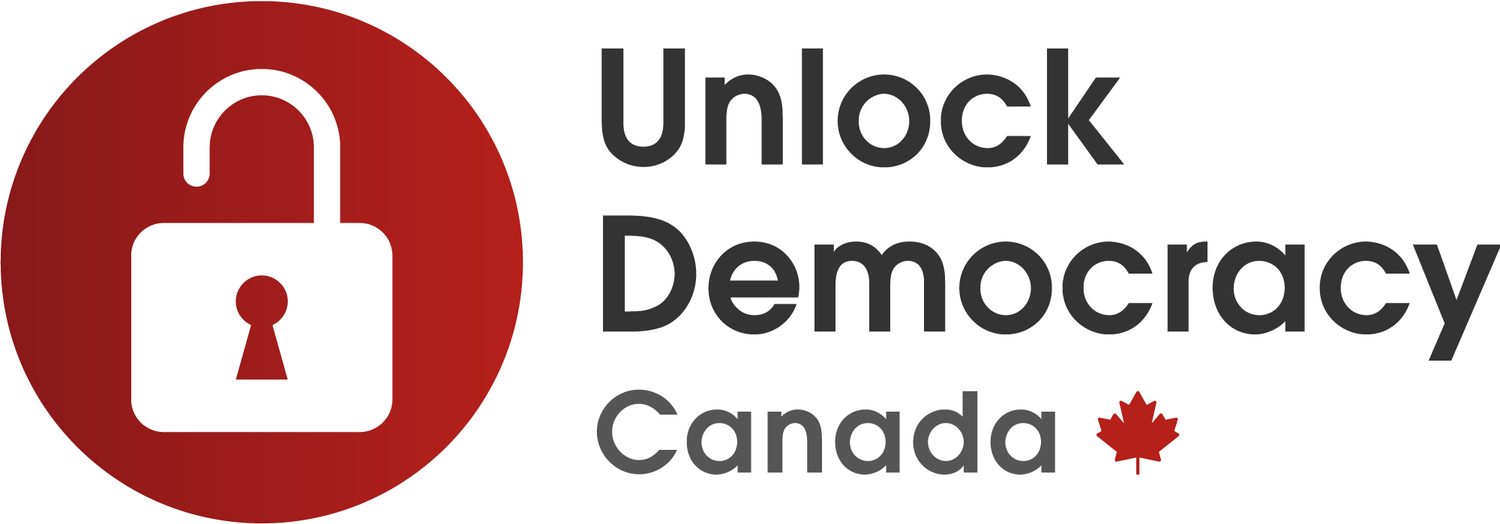
Resources and links from Desmond Cole event
We had an amazing two-hour conversation with Desmond Cole talking about authentic activism, advocacy tactics, intersectionalism, the limitations of electoral organising and finding room for humour in our work.

2021 Wrap Up
2021 was a huge year for us at Unlock Democracy Canada!
We launched the inaugural Ontario Municipal Democracy Index, expanded our coast-to-coast Local Choice campaign, held eleven Better Ballots 101 workshops and supported Canada's growing Vote16 campaign!
